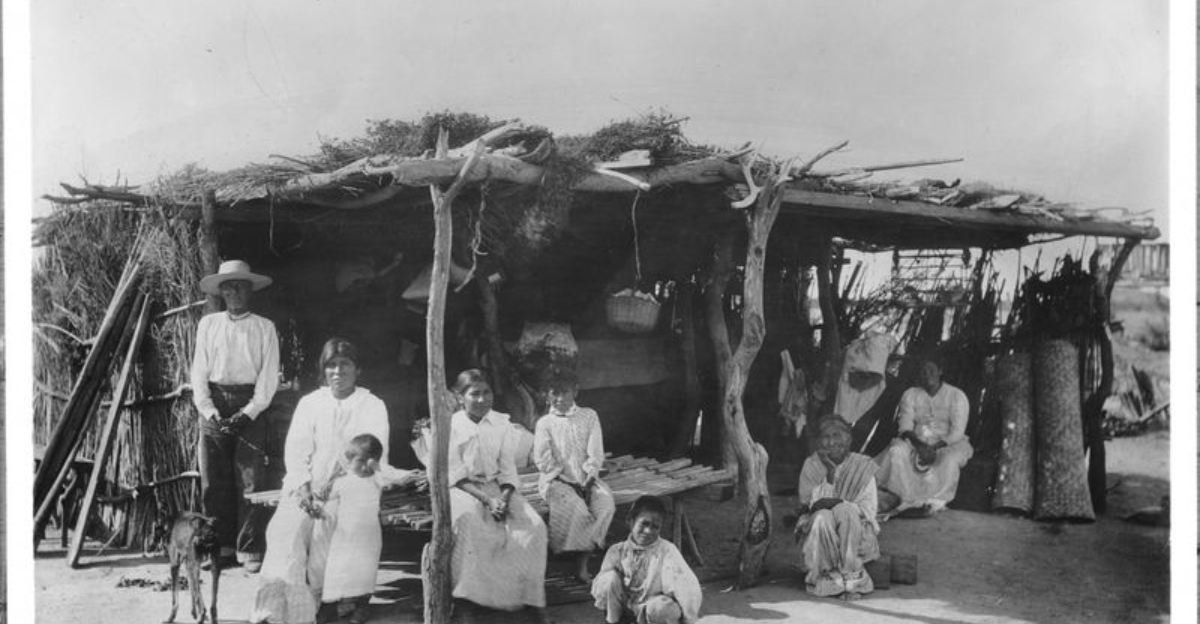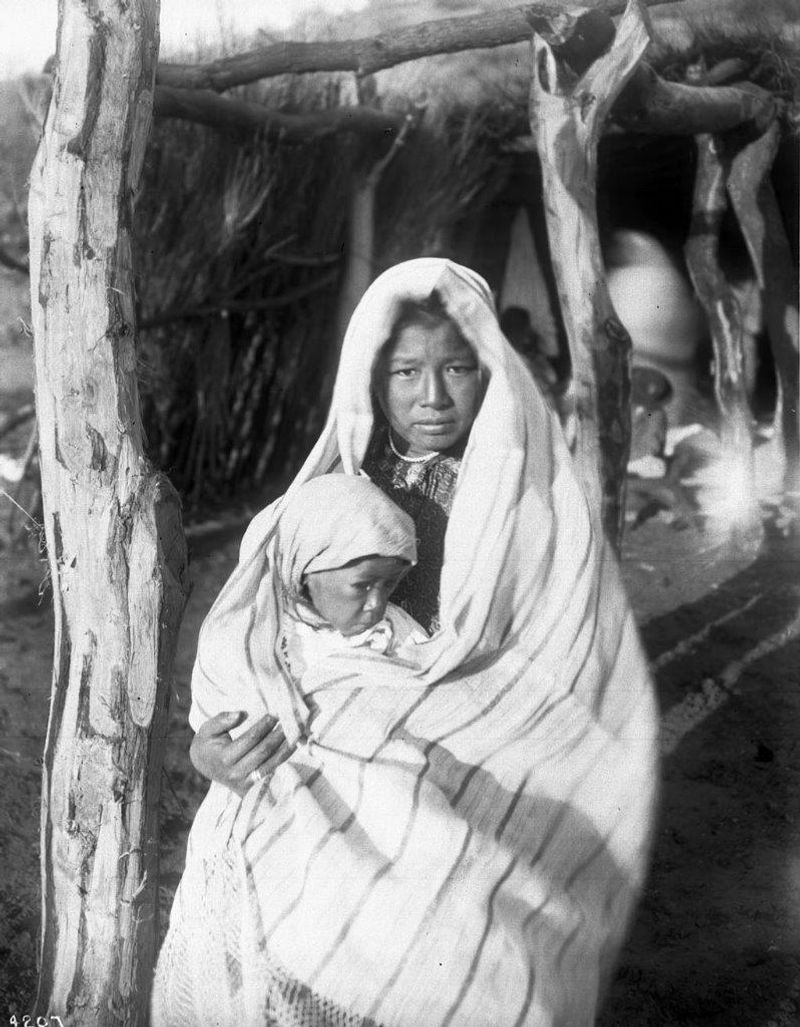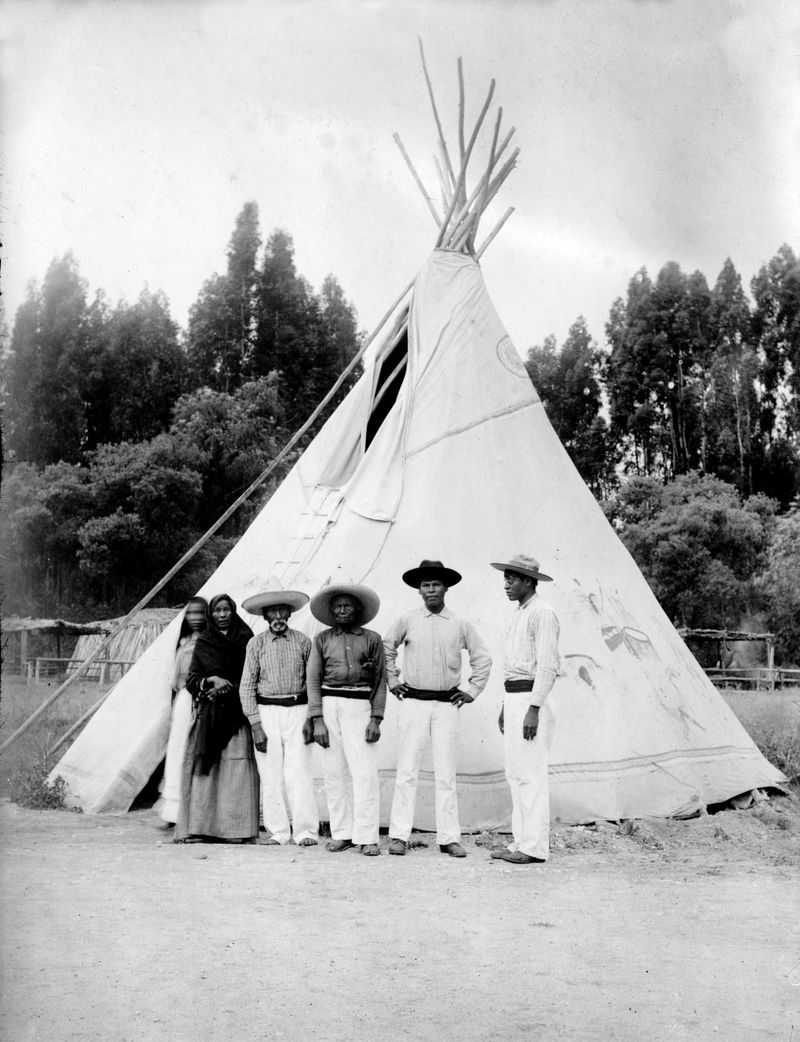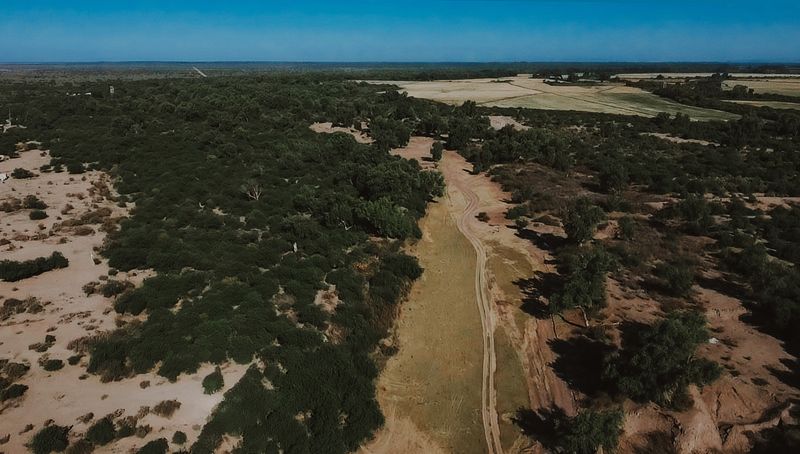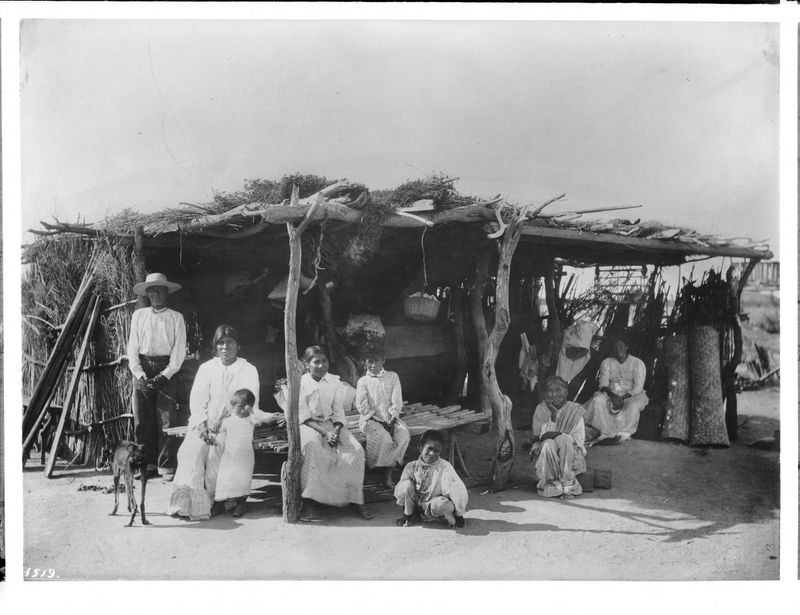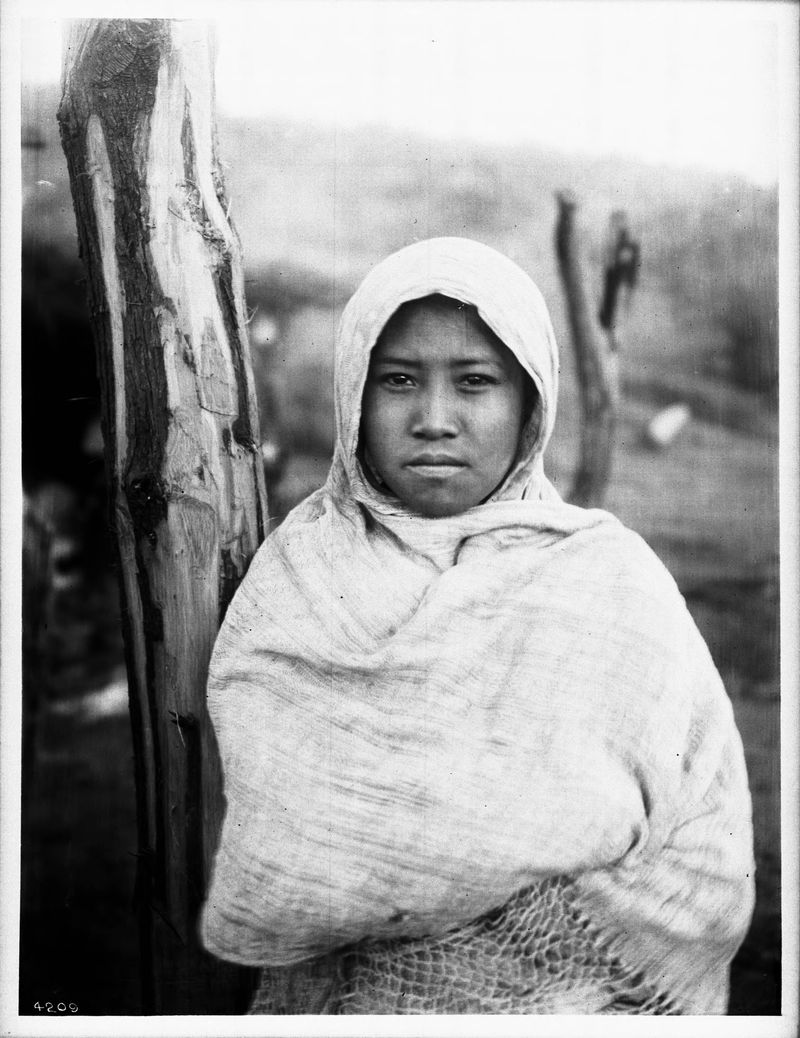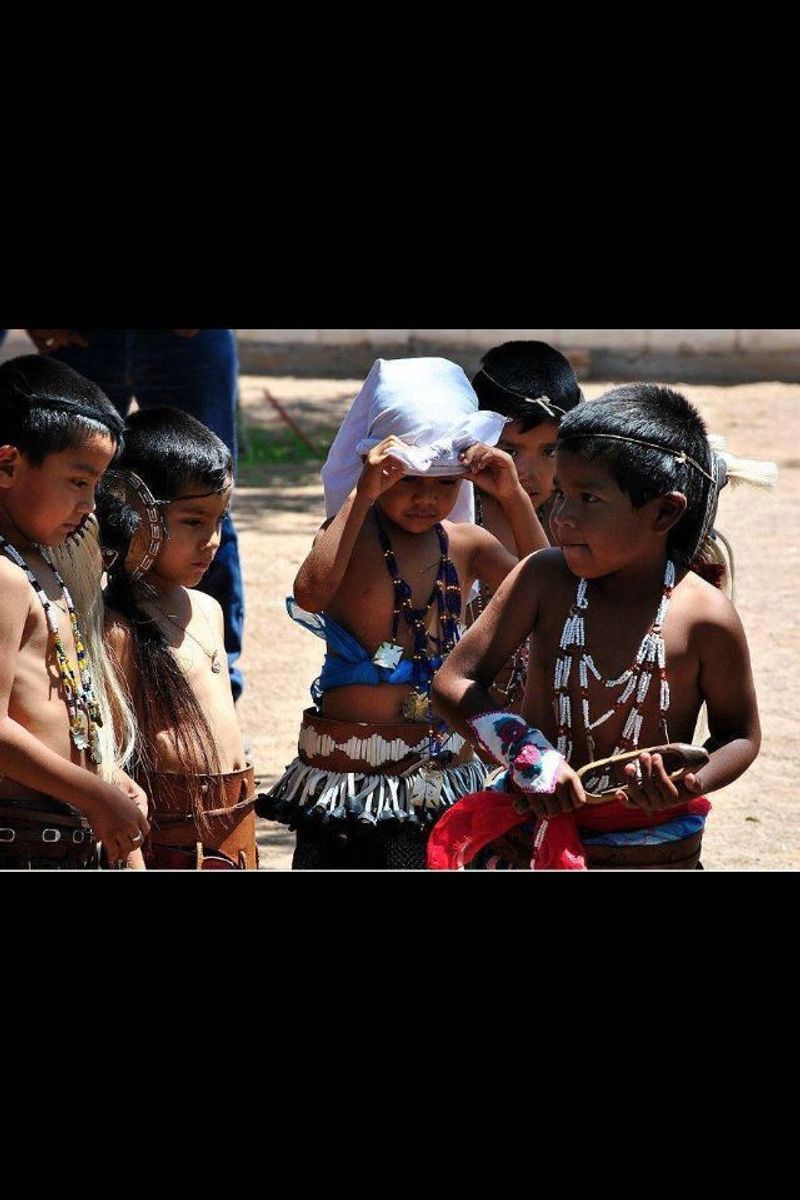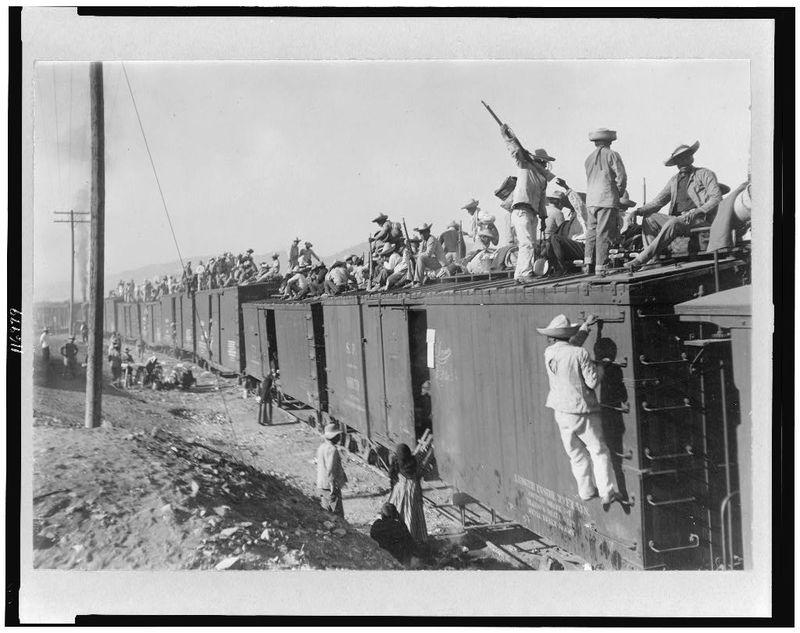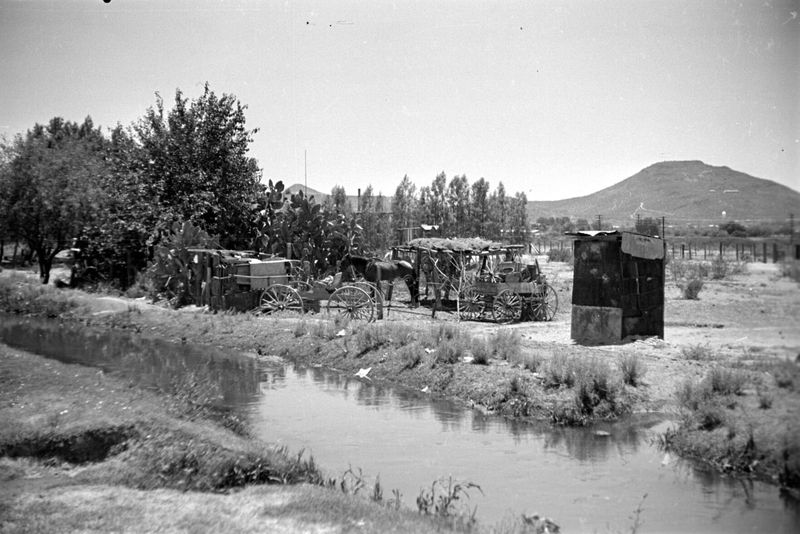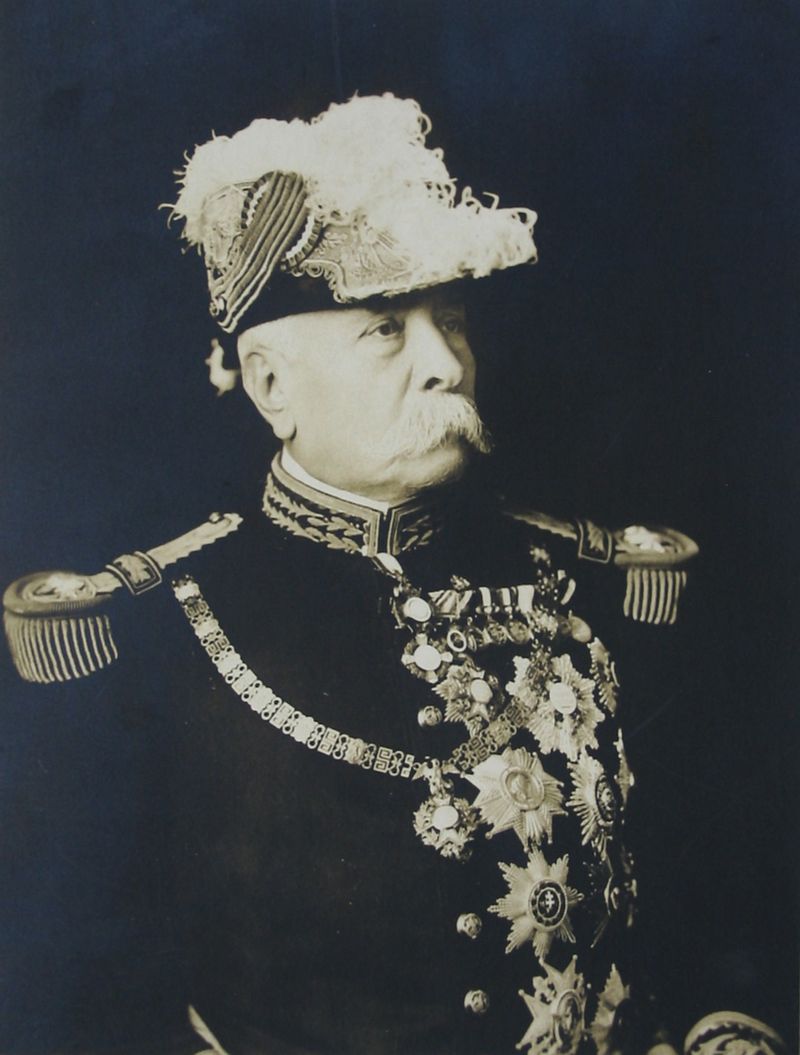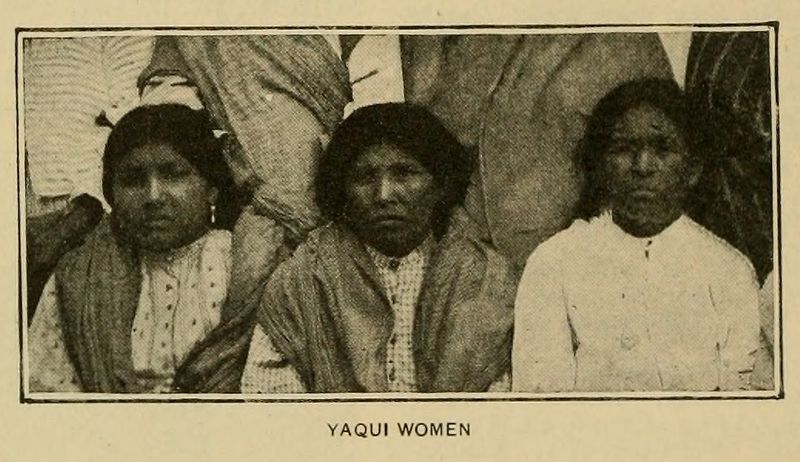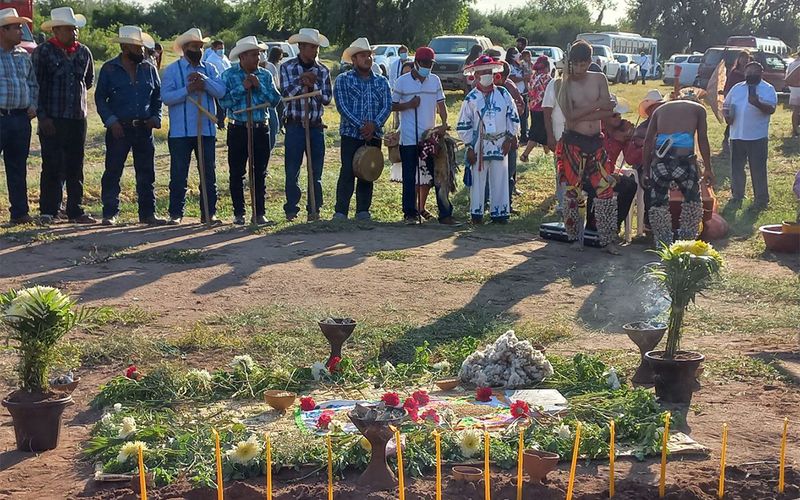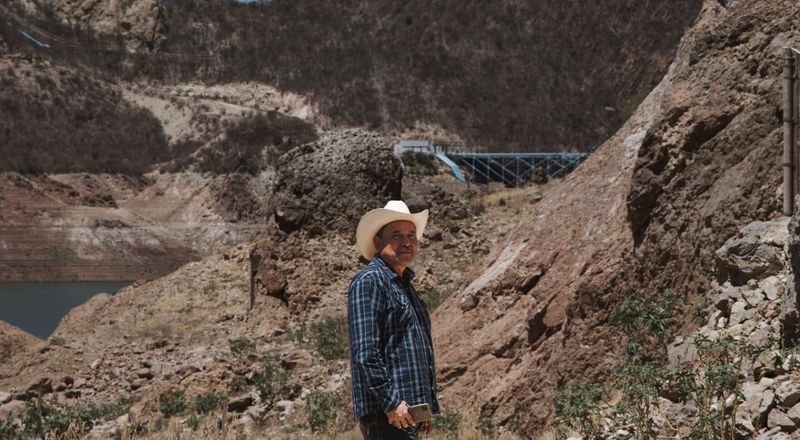Explore the unwavering spirit of the Yaqui tribe, the only Native American tribe that never surrendered to colonial powers.
From fierce resistance to cultural preservation, their story is one of enduring strength and resilience.
1. They Never Signed a Peace Treaty—Ever
The Yaqui tribe is unique: they never signed a peace treaty with colonial forces. Despite pressure from Spanish, Mexican, and American governments, they remained undefeated. This steadfastness is rooted in their deep connection to their land and culture.
Their refusal to surrender highlights their determination to preserve their way of life. The Yaqui’s resilience serves as a lasting testament to their unwavering spirit, a quality that has been passed down through generations. It is a story of defiance, endurance, and sheer willpower.
Such determination fosters pride and a sense of identity among the Yaqui people.
2. They Waged Over 400 Years of Resistance
For over 400 years, the Yaqui engaged in relentless resistance against various colonial powers. Their struggle wasn’t just a fleeting rebellion; it spanned generations and centuries. From the 1530s to the 20th century, their guerrilla tactics became legendary.
They used surprise attacks and intimate knowledge of their land to outmaneuver enemies. This long-standing resistance became a symbol of their enduring fight for autonomy. Their tenacity in battle reflects a profound commitment to their rights and freedoms.
The Yaqui’s story continues to inspire those who hear it, showcasing the power of persistence.
3. Their Homeland Was a Fortress
The Yaqui homeland, nestled in northern Mexico’s deserts and river valleys, was a natural fortress. Its harsh terrain provided strategic advantages for launching ambushes and disappearing without a trace.
This landscape, both unforgiving and protective, played a crucial role in their defense strategies. The Yaqui’s intimate understanding of their land allowed them to utilize every hill and valley to their advantage. This knowledge was passed down, becoming a key part of their martial tradition.
Their homeland was not just a place but a powerful ally in their resistance.
4. Captured and Sold Into Slavery
In the 1900s, the Yaqui faced a grim reality: thousands were captured and sold into slavery. Mexican forces rounded up men, women, and children, sending them to plantations.
These dark days are marked by forced separations and loss of freedom. Many Yaqui never returned, their lives forever altered. This chapter is a haunting reminder of the injustices they endured.
Yet, it also underscores their resilience, as those who survived continued to fight for their people and culture. Their story is one of strength in the face of unimaginable adversity.
5. Women Were Forced to Marry Chinese Immigrants
In a disturbing attempt to control the Yaqui population, women were forced into marriages with Chinese immigrants. This government-backed strategy aimed to dilute their cultural identity.
These unions were not about love or choice; they were acts of control and assimilation. Despite these challenges, many Yaqui women maintained their cultural heritage, passing it to their children.
This period exemplifies the lengths to which external forces went to suppress the Yaqui. Yet, it also highlights the strength and resilience of the women who persevered against such odds.
6. Children Were Taken and Reeducated
Like many Indigenous peoples, Yaqui children were forcibly taken from their families to be reeducated. Institutions aimed to strip them of their language and cultural identity.
This practice sought to erase their heritage, forcing new identities upon them. Yet, despite these efforts, many children clung to the stories and traditions of their ancestors.
This dark chapter highlights the systemic attempts to destroy Indigenous cultures. However, the Yaqui spirit endured, with survivors playing integral roles in cultural preservation. Their resilience shines through such adversity, a beacon of hope for future generations.
7. They Fought in the U.S. Military—While Still in Exile
Amidst persecution in Mexico, many Yaqui sought refuge in Arizona. Ironically, they later fought in the U.S. military during both World Wars. Their service was marked by bravery and loyalty, even as they remained unrecognized by the nation they served.
This participation in military efforts is a testament to their complex history with colonial powers. It underscores their willingness to engage with the broader world while maintaining their cultural identity.
Their contribution to the military is a poignant reminder of their enduring spirit and adaptability in challenging circumstances.
8. The Mexican Government Tried to Erase Them
Entire Yaqui villages were destroyed in systematic campaigns by the Mexican government. Ceremonial centers were decimated, religious leaders killed, and culture nearly wiped out.
These actions aimed to erase Yaqui identity, branding them as enemies of the state. Despite these dire efforts, the Yaqui’s cultural roots ran deep, surviving through underground preservation.
The resilience of the Yaqui in the face of such annihilation attempts is remarkable. Their story is a testament to the enduring power of culture and community, persevering against overwhelming odds.
9. They Were Once Labeled “Enemies of the State”
Under Porfirio Díaz’s regime, the Yaqui were officially declared enemies of progress. Military campaigns were launched to exterminate them, a brutal chapter in their history.
Labeled as threats, they faced relentless persecution. Despite this, the Yaqui’s determination to survive never waned, even when faced with overwhelming odds.
Their defiance against such labeling underscored their steadfastness and courage. The resilience of the Yaqui is a beacon of hope, showing that identity and spirit can endure even in the darkest times.
10. Their Oral History Survived Underground
When their language was banned, the Yaqui turned to secret gatherings to preserve their oral history. These stories and ceremonies were whispered and shared in the shadows.
This underground network of cultural preservation ensured that the Yaqui traditions survived, even when outlawed. The elders played a crucial role in this, acting as guardians of their heritage.
Their commitment to keeping their stories alive is a testament to the power of oral tradition. It highlights how culture can thrive in adversity, sustained by community and shared memory.
11. They Reclaimed Land—but Not Full Justice
In the 20th century, some Yaqui lands were restored. This was a significant step but fell short of full justice or reparations for past atrocities.
Many Yaqui still live in poverty, with limited recognition of their historical suffering. The return of land was a victory, yet it highlighted the ongoing struggle for justice.
This partial reclamation of their homeland is a symbol of resilience and hope. It shows that while progress is made, the journey towards true justice continues, driven by the Yaqui’s unwavering spirit.
12. Today, They’re Still Fighting—for Water
In modern times, the Yaqui’s struggle has shifted to securing their water supply. They are fighting against projects that divert water from their territory.
This battle underscores the ongoing challenges Indigenous communities face in protecting their resources and rights. The fight for water is not just about survival but also about preserving their way of life.
Their continued activism is a testament to their enduring spirit. It highlights the importance of water as a cultural and life-sustaining resource, integral to their identity and future.
